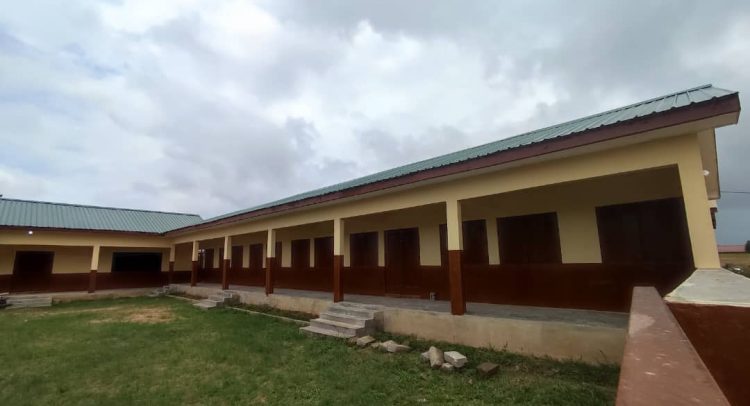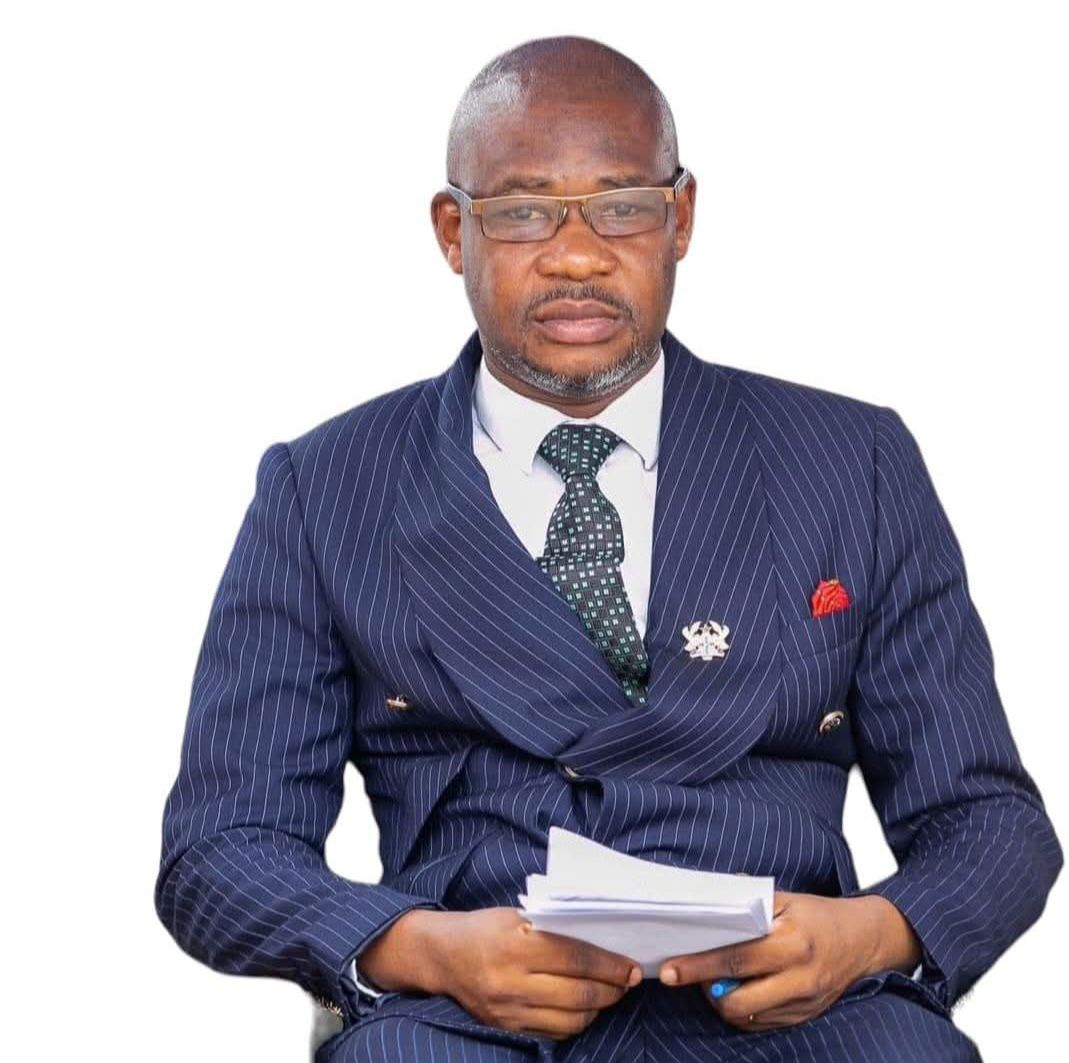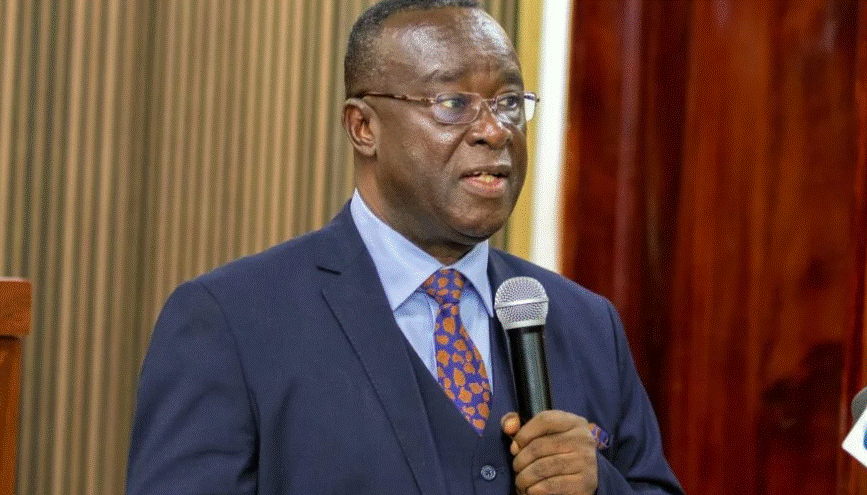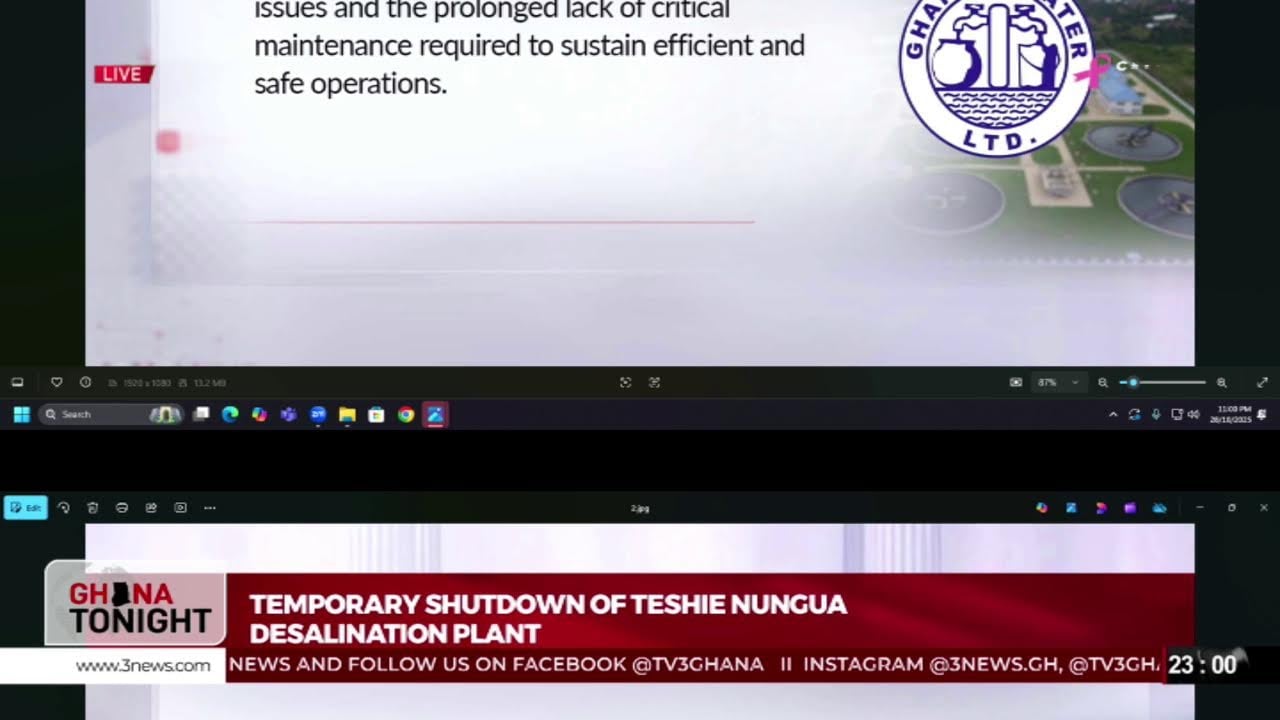
As the economy shows stronger signs of recovery, the central bank is moving from short-term economic stabilisation toward driving productivity-led growth.
The Bank of Ghana (BoG) Governor’s special advisor Dr. John Kwakye made this known at the 14th Ghana Economic Forum in Accra this week.
Dr. John Kwakye said recent data confirmed that the stabilisation phase had largely been achieved, with inflation, exchange rate and reserves all showing marked improvement. “Today, that tide has turned through credible monetary policy, fiscal restraint and coordinated reforms.”
Inflation fell sharply to 9.4 percent in September 2025 – well within the central bank’s target band – for the first time in four years, down from over 54 percent in late 2022.
The cedi, which depreciated 19 percent last year, has appreciated by more than 37 percent year-to-date while gross international reserves have risen to US$12billion; enough to cover about four and a half months of imports.
Economic growth has also strengthened, with GDP expanding by 6.2 percent in the second quarter – up from 5.7 percent a year earlier, driven largely by services and agriculture. Non-oil GDP grew by 10 percent, reflecting a broader recovery in domestic activity.
He however stressed that the next phase of policy must go beyond stability to strengthening the economy’s productive sectors. “Stability without production or productivity is hollow,” he added.
“A currency derives its enduring value from what a nation produces and sells to the world.”
Initiatives such as the e-Cedi pilot and expansion of digital payments infrastructure are part of the Bank’s broader plan to modernise Ghana’s financial system, he noted.
These, he said, will “reduce transaction costs, promote transparency and bring more Ghanaians into the formal economy”.
The Governor also warned that maintaining fiscal discipline will be crucial ahead of the 2028 elections. “Fiscal slippage, no matter how well-intentioned, could undo hard-won confidence and put renewed pressure on the cedi.”
In a related development, the Bank of Ghana expects inflation to decline even further by end-2025, following months of sustained disinflation supported by a stronger cedi and disciplined policy management.
Speaking at the Cedi@60 celebrations launch in Accra this week, Governor Dr. Johnson Asiama, noted that headline inflation dropped sharply to 9.4% as of September 2025 – down from 23.5% start of the year and marking the first return to a central bank medium-term target band of 8±2 percent in four years.
He observed that Ghana’s current trajectory reflects a decisive turnaround from late 2022, when inflation surged to over 54 percent – one of the highest globally at the time.
“Sustaining this progress will require continued discipline and policy coordination. We must protect the gains we have made,” he added.
The Bank of Ghana officially launched celebrations marking 60 years of the Ghanaian cedi, initiating a year-long series of national events to reflect on the currency’s historic journey and its pivotal role in Ghana’s economic independence.
Held on October 28 in Accra, the Bank introduced an exhibition showcasing the cedi’s transformation – from its first issue in 1965 to the redenomination in 2007 and now to a modern era of digital payments and financial inclusion.
Themed ’60 Years of the Cedi: A Symbol of Sovereignty, Stability, and Economic Resilience’, President John Dramani Mahama graced the occasion as Special Guest of Honour.
Introduced on July 19, 1965, the cedi has undergone several reforms and redesigns, reflecting Ghana’s economic journey and resilience through six decades of national development.
The Cedi@60 milestone is not only a reflection on history but also an opportunity to rekindle public confidence in the national currency as a pillar of stability and identity.
The post Editorial: Governor touts stability…aims for growth appeared first on The Business & Financial Times.
Read Full Story




















Facebook
Twitter
Pinterest
Instagram
Google+
YouTube
LinkedIn
RSS